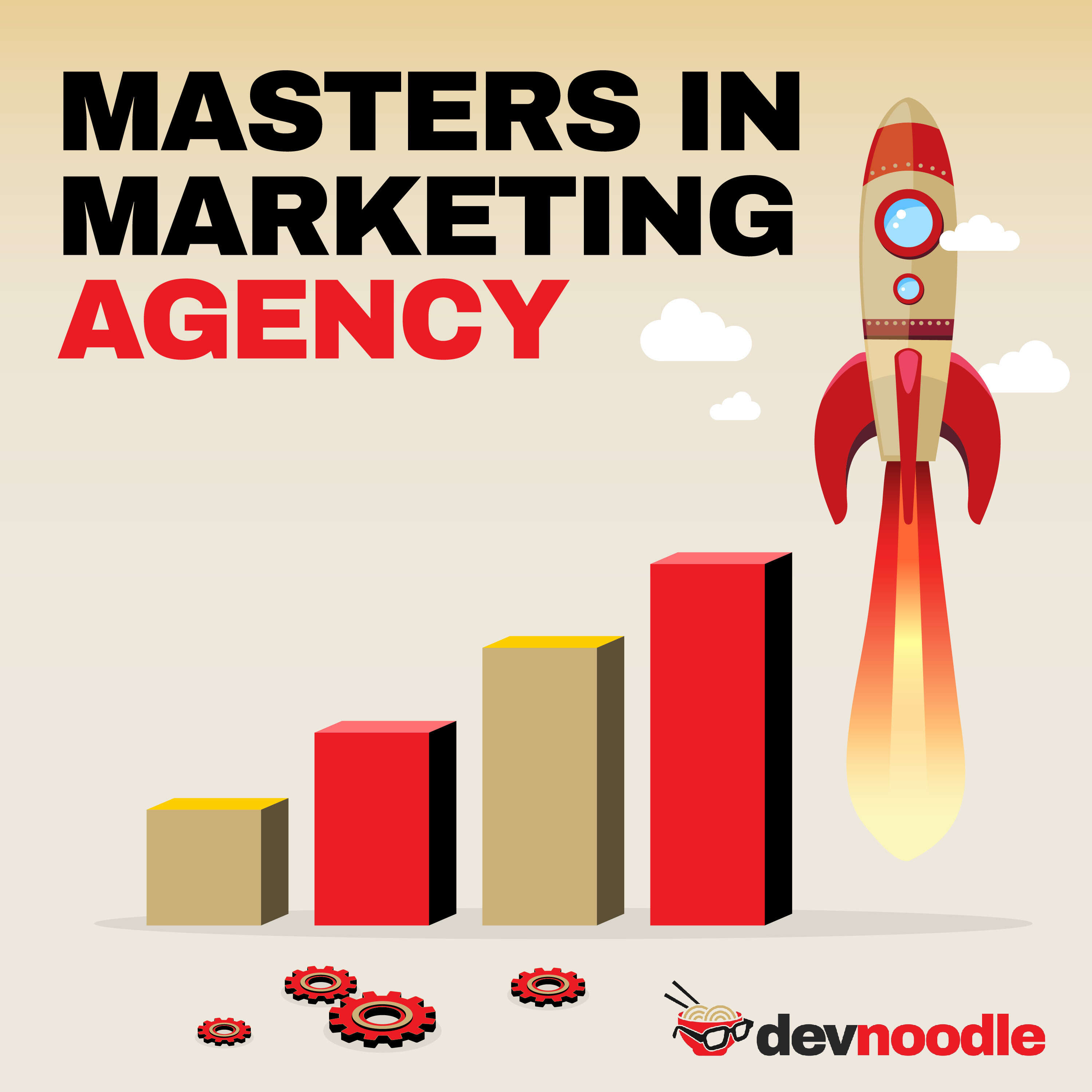- After-Shows
- Alternative
- Animals
- Animation
- Arts
- Astronomy
- Automotive
- Aviation
- Baseball
- Basketball
- Beauty
- Books
- Buddhism
- Business
- Careers
- Chemistry
- Christianity
- Climate
- Comedy
- Commentary
- Courses
- Crafts
- Cricket
- Cryptocurrency
- Culture
- Daily
- Design
- Documentary
- Drama
- Earth
- Education
- Entertainment
- Entrepreneurship
- Family
- Fantasy
- Fashion
- Fiction
- Film
- Fitness
- Food
- Football
- Games
- Garden
- Golf
- Government
- Health
- Hinduism
- History
- Hobbies
- Hockey
- Home
- How-To
- Improv
- Interviews
- Investing
- Islam
- Journals
- Judaism
- Kids
- Language
- Learning
- Leisure
- Life
- Management
- Manga
- Marketing
- Mathematics
- Medicine
- Mental
- Music
- Natural
- Nature
- News
- Non-Profit
- Nutrition
- Parenting
- Performing
- Personal
- Pets
- Philosophy
- Physics
- Places
- Politics
- Relationships
- Religion
- Reviews
- Role-Playing
- Rugby
- Running
- Science
- Self-Improvement
- Sexuality
- Soccer
- Social
- Society
- Spirituality
- Sports
- Stand-Up
- Stories
- Swimming
- TV
- Tabletop
- Technology
- Tennis
- Travel
- True Crime
- Episode-Games
- Visual
- Volleyball
- Weather
- Wilderness
- Wrestling
- Other
The Value of First-party Data for New Customer Targeting and Acquisition with Adworthy’s Scott Ellis
Scott Ellis has worked in marketing for over 20 years and is now the President of Agency Operations and COO & SVP of Product Delivery at Adworthy.
At Adworthy, Scott is responsible for the successful delivery of their 1st party data products, and agency services.
Utilizing their privacy-compliant targeting platform that mines and optimizes 1st party data for new customer acquisition, Scott works with Brands and Agencies, Technology Partners, and Investors, to deliver optimized first-party data products and best practices that deliver market-leading business results and accelerated speed to value. Here are a few of the topics we’ll discuss on this episode of Masters in Marketing Agency:
The differences between working at home and working in the office.
How remote teams can share informal knowledge with each other.
How to avoid bad clients.
What it really means to be data-driven.
When you should go against what the data says.
The value of using first-party data for new customer targeting and acquisition.
Different reporting tools that collect data.
Resources:
Adworthy
Augmetrics
HubSpot
Salesforce
Tableau
NinjaCat
Ten Percent Happier Podcast
DevNoodle
Connecting with Scott Ellis:
LinkedIn
Email
Connecting with the host:Josh Hoffman on LinkedIn
Quotables
11:54 - “How do we have the biggest impact that we can have over a broader range of customers by servicing the right information, the right data from which actions can be taken because one of the things we see the challenge is you have these almost any organization that you can work with their subject matter experts in that area, their smart people but oftentimes they encumbered by the fact that they can't get the right information at the point at which they need to make decisions.”
17:49 - “Rather than throwing a hail mary we go back to the data, did we miss something? Is there something operationally that doesn't line up here that we need to bring into this model and that’s been the way that we’ve always been successful because the data has led us and we haven't gone in there thinking that we know better or with already determining what it is we’re going to do.”
24:20 - “It’s listening to what it is that customers want and then making sure in traditional marketing terms that you’re there. The challenge that we see today and a caution is companies that target the whole of the United States and they don’t necessarily look at that and say hold on now let's look at our first-party data or our customer data, how many people have we sold to in a given state or in a given metro area and then how much of our marketing spend is going into those areas.”
26:54 - “We focus on very specific data sets relevant to the problem at hand not just trying to say hey let’s look at everything because again you can throw huge computing power at that but it’s inherently fairly inefficient when it comes to solving very specific problems.”
27:42 - “Always ask where the data came from. Ok, someone’s given you a report, someone’s given you a recommendation, just because you trust that person and you like that person or it came out of a machine it doesn’t mean it's the right data that

